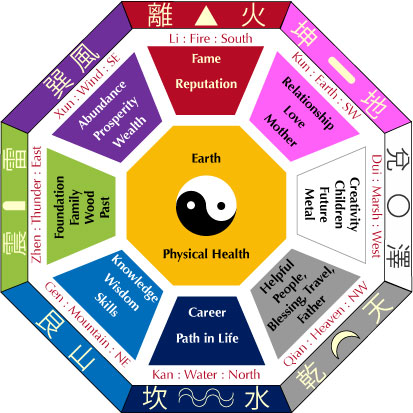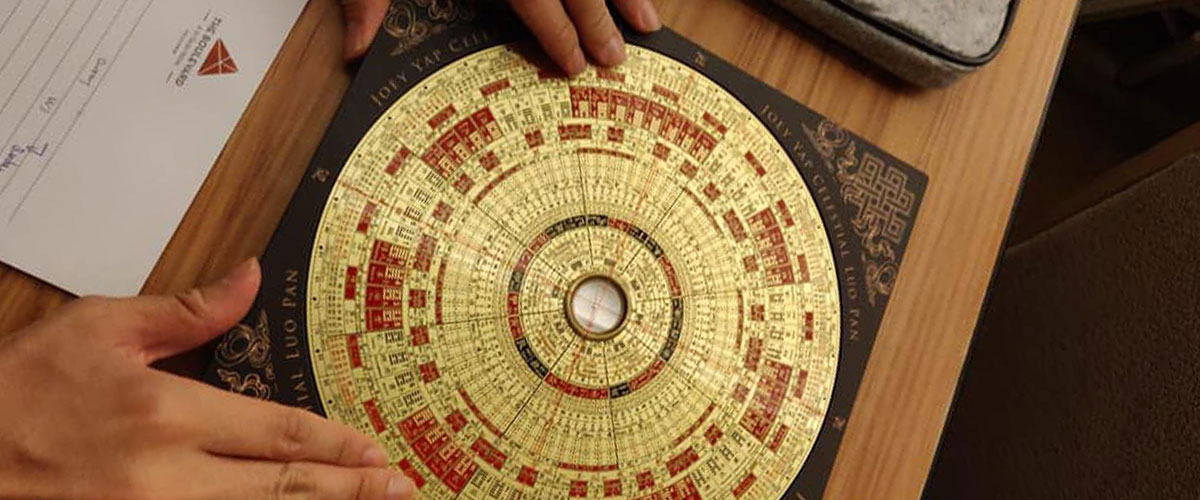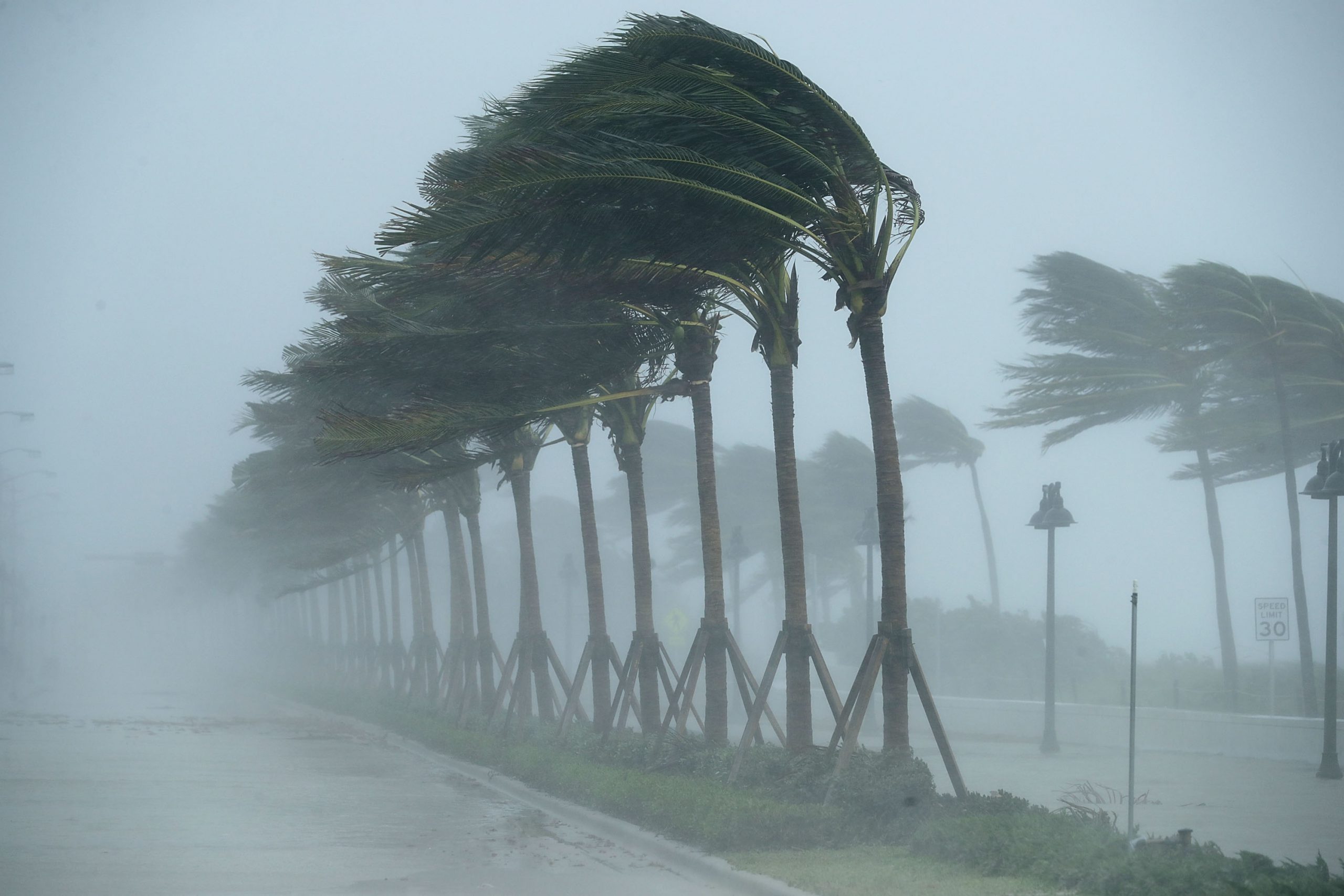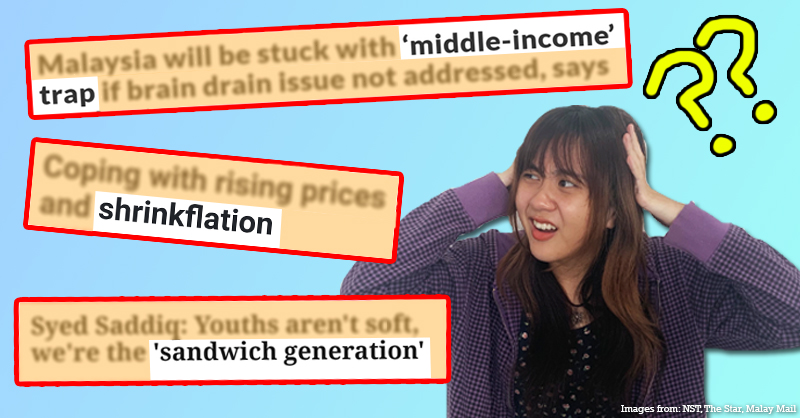Feng Shui Master vs Economist: Who predicted Malaysia’s future in 2021 better?

- 227Shares
- Facebook194
- Twitter6
- LinkedIn5
- Email6
- WhatsApp16
Social and humanities scientists are in a job for a reason: they help us recognize patterns that can indicate how society may act in the immediate future. We even tried it once when we interviewed Canadian history specialist Dr Gordon Cavanaugh asking for his predictions for Malaysia back in 2016, which seem to have mostly come true.

But even though their predictions may not be as scientific or specific, feng shui experts also still continue to be in-demand in modern society. And they have been for the past 3000 years, so there has to be something to all of it, right?
So rather than simply dismissing it as ‘woo-woo’, we thought we’d go a bit deeper and compare their predictions for 2021 against predictions made by economic analysts, to see if either got anything right or wrong.
First, let’s look at both of the fields on their own:
Feng shui is a philosophy that relies heavily on observation and practice
Rooted in Taoist origins, feng shui (translated from Chinese as ‘wind and water’) seeks to harmonize one’s being with their surrounding environment; it’s all about being one with the world. But ‘harmony’ doesn’t just mean moving furniture around to let in the ‘good energies’; duality (two of everything), smells, and even presence of technology all influence how well these good energies circulate.

Feng shui is also used as a form of divination, making predictions based on current trends and elemental calculations. However, it shouldn’t be seen as a ‘be-all-end-all’ that’ll help you get the best 4D numbers. Rather, it’s more like a ‘weather forecast’ to help people make preparations:
“You still need to work hard and strategize… My job as a feng shui practitioner is to guide my clients not to go with the flow and help them be prepared during bad times.” – Jessie Lee, feng shui master

On the other hand…
Economics is a social science centering around resource allocation
Like feng shui, economics also focuses on matters concerning wealth, but does so by paying more attention to market behavior and trends. As for the energies and elements, well, they do matter in economics (such as the effects of natural disasters on the market), but for they most part, they’re largely irrelevant. Like, a windy day isn’t gonna spike the market (unless that wind turns into a hurricane).

Probably the main difference between feng shui and economists’ predictions is that economists will give you a scientific breakdown of a market outcome, down to the exact numbers and percentages. Granted, these aren’t always 100% accurate all the time too, but they’re definitely more exact than feng shui, which tends to be more generalized.
So both made predictions for 2021. How accurate were they, and did the two fields have anything in common when it came? Well, it turns out…
Feng shui masters were actually quite optimistic about 2021
2020 was challenging for everyone; kinda expected, especially considering the whole pandemic situation. But despite the dark outlook for 2021, there was much optimism in predictions by local feng shui experts:
“Last year was gloomy all the way with no end to it, but we can see some light at the end of the tunnel this year.” – Yap Boh Chu, feng shui master
“The year 2021 will be slightly better than last year.” – Jane Hor, founder of Xuan Jixuan Feng Shui Consultation Centre
“The ancient classic of Yellow Emperor’s Earth Mother Scripture predicts that 2021, the Golden Bull Year, will yield much relief and happiness… much-troubled diseases will gradually become calmer and stable. Many business owners and workers will be happier this year.” – Kenny Hoo, feng shui master

Ok, we’ll admit, all of those do sound kinda vague. But keep in mind what we said earlier: feng shui is meant to be more like a weather forecast than an exact prediction of “X things that will happen this year” (sounds like a Cilisos article). Interestingly, Kenny Hoo also predicted that “Vietnam and the Philippines would do well this year”, and we’ll talk about that a bit later.
Meanwhile in the world of economics…
Economists predicted a rise in Malaysia’s GDP, but also in unemployment
Most of the world’s 2021 economic predictions were understandably largely centered around the pandemic. Having been hit hard in 2020, Malaysian economists had mixed opinions on our market performance: while Bank Negara predicted that Malaysia’s economic growth would increase by 6%-7%, others predicted that fiscal deficit (government spending more than its income) would also increase to 5.4-6% of GDP, and multiple analysts (including Bank Negara) also predicted that unemployment would be around 4%-5% (last year’s was 4.55%).
“(Youth unemployment and under-employment) could lead to a period of a “lost decade” for Malaysia.” – Dr Rais Hussin and Jason Loh, EMIR Research
TLDR; money jump back up, but unemployment maybe slightly higher.

Doesn’t seem all that bad, especially after the rough ride that was 2020. And as it turns out…
Both economists and feng shui masters got it mostly right
Surprise, surprise.
Fiscal deficit was revised to 6.5% by the end of 2021, and Bank Negara eventually slashed its initial 6-7% economic growth estimate to 3-4% (which is what we got). However, unemployment actually managed to drop as low as 4.3% by January 2022, much to the relief of many Malaysians, we’re sure. Not 100% accurate, but not too far off what economists predicted. TLDR; money not bad, but more people getting employed than expected.
As for the feng shui predictions, quite some general statements, but they did kind of get it right as well, if you think about it. I mean, things did get better in 2021, especially after the vaccine, the reopening of businesses, and the generous offerings in Budget 2021, which was the largest in history.

Oh, and remember what Master Kenny said about Vietnam and the Philippines doing well? That one is a bit harder to quantify, since he didn’t specify any metrics by which to measure success. But while the Philippines’ GDP enjoyed a 5.6% growth in 2021, Vietnam actually struggled, with economic growth dropping to 2.58% (from 2.91% in 2020).
“The COVID-19 pandemic has left a serious impact on all aspects of the economy.” – General Statistics Office of Vietnam
But like we said, there were no metrics specified, so maybe he meant they would do well in sports? After all, Vietnam’s women’s football team did manage to qualify for the FIFA Women’s World Cup for the first time, but we can’t say for sure if it had anything to do with feng shui.
Predictions can be helpful, but be wary of buying too much into them
Ok, first of all, like we said in a previous article: writing about economics is a drag. One of the reasons is that economics is pretty complex, even with the help of expert analysis. Which is why many people still gravitate towards feng shui; it’s arguably explained in terms that are easier to understand, especially if you’re not in touch with economist jargon.
But on the other hand, while feng shui is definitely a positive influence on many peoples’ lives, it may cause some to fall into the Barnum effect, whereby people tend to accept global statements that are favorable to them (see: horoscopes). We guess the lesson here would be: it’s ok to be optimistic, but better to prepare your umbrella for a rainy day either way.
With all that being said, perhaps we could also do one for 2022 when the time comes. So crank those numbers up for us, will ya?
- 227Shares
- Facebook194
- Twitter6
- LinkedIn5
- Email6
- WhatsApp16



